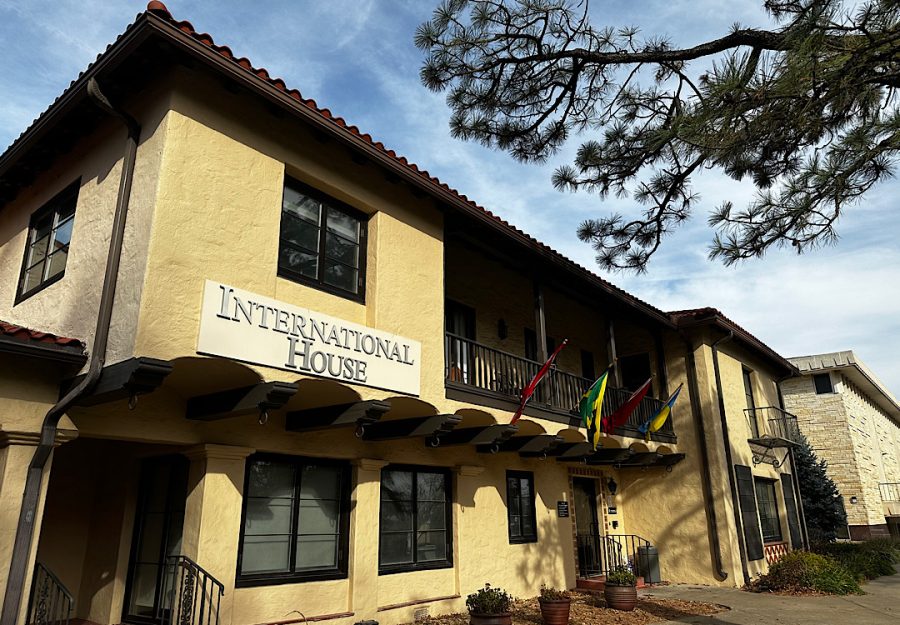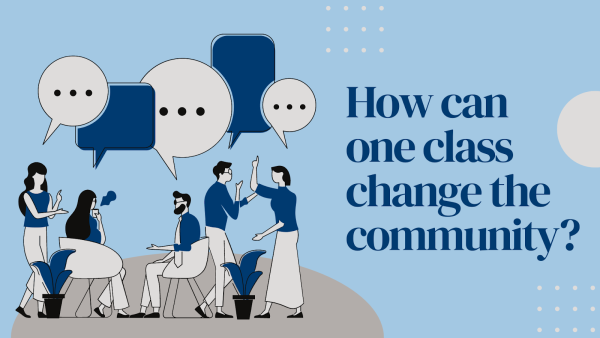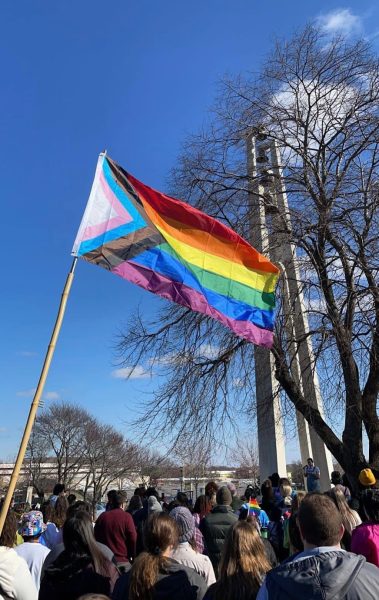Cultural shock: the frustration and fascination of a foreign country
This semester, Washburn houses 238 International students. Some of them talked about their experience in the U.S..
Cultural shock, as a concept itself, is a compelling topic. However, the feelings of confusion, uncertainty, intrigue and/or anxiety are some of the first that international students experience after arriving in the United States. Variables ranging from small changes (such as the difference in power outlets) to big ones (such as the difference in languages) make the experience unique to every individual
Hinata Isobe, international student from Japan and sophomore in finance, mentioned that one of her biggest cultural shocks was how people wore outside shoes in their own room as opposed to leaving them at the entrance like in Japan. She also expressed her shock to see how informal Americans were towards their elders and authority figures.
“In Japan, we cannot call our elders by their first name. We use their last names or first names plus mister, miss or other positions of respect,” Isobe said.
Isobe hinted at how difficult it is for her – even now – to call professors by their names and usually just addresses them as a professor or teacher. She then further elaborates her take on the informality of Americans.
“Because I don’t need to care about names and other things, it is easier to talk to other people in English,” Isobe said.
However, Isobe is not the only person to mention informality as a uniquely American value. Laura Santander Diaz, a Paraguayan Washburn alumni who studied biotechnology, also commented on how bizarre it was to see her American roommate at times address her mother by name. However, she also mentioned that informality in itself may not be the direct reason but a far-distant byproduct, as Diaz felt it was extremely easy to reach out to her professors for help – a sentiment shared by Isobe. Both of them talked about how the professors and the advisors were some of the first people to help them and make them feel comfortable, something which neither weren’t very much expectant of.
Diving into academics, Diaz passionately expressed her gratitude towards Washburn for how it usually goes about its education process.
“It was easier because of the periodical exams,” Diaz said.
Diaz later clarified that Paraguay puts 60% of their marks on their final exam, which contains the entirety of their syllabi, and she also talked about how extra credits, mental health days and emails to professors are -although very common in the States- things that made a distinctive impact on her.
Diaz recalled her professor staying back to help her with assignments.
“The professors there really care about you,” Diaz said.
Isobe also shared similar stories as Diaz’ but mentioned the friends she made who helped her get used to the surprise caused by the usage of electronic gadgets.
“Some people use phones and other electronic devices; in Japan, we cannot use them,” Isobe said.
Similar to technological surprise, Sheronika “Roni” Simeon, a freshman in kinesiology from the Bahamas, talked about how the architecture and the layout of the university amazed her.
“The university is just so big and the nature and the free spaces, I liked it,” Simeon said as she talked about her first impression of Washburn. She also expressed her concern over the absurd weather of Kansas, recalling how when she arrived in January that she didn’t have the appropriate clothing for the winter because she comes from a country that is warm throughout the year.
The weather worry, however, ranged to all three ladies. Isobe and Simeon both announced that Kansas snow was the very first snow they have experienced and proceeded to say that while the windy nature of Kansas was less than ideal, both enjoyed some breezes during the right days. Diaz also said how the Kansas wind was something that she had never experienced before and was shocked by the tolerance that Americans had against it.
“People were in shorts and T-shirts,” Diaz said as she described her own appearance during the time as “all bundled up.”
Another thing that all three ladies commented on was the food. Isobe mentioned how the portion sizes of not just the food, but also the drinks were “very big” and “very sweet.” Diaz and Simeon were in agreement as they both mentioned that it took time for them to get used to American flavoring and at times found it to be quite bland.
All-in-all, cultural shock is different for every person in their own way, be it due to individualistic presumptions, familial beliefs or regional traditions. Cultural shock has a different impact on every individual and each in turn brings in a new set of perspectives. In a way, it is also the main reason why moving to a different region is so exciting yet anxiety-inducing.
Edited by Rakesh Swarnakar. Aja Carter
Your donation will support the student journalists of Washburn University. Your contribution will allow us to purchase equipment and cover our annual website hosting costs.














